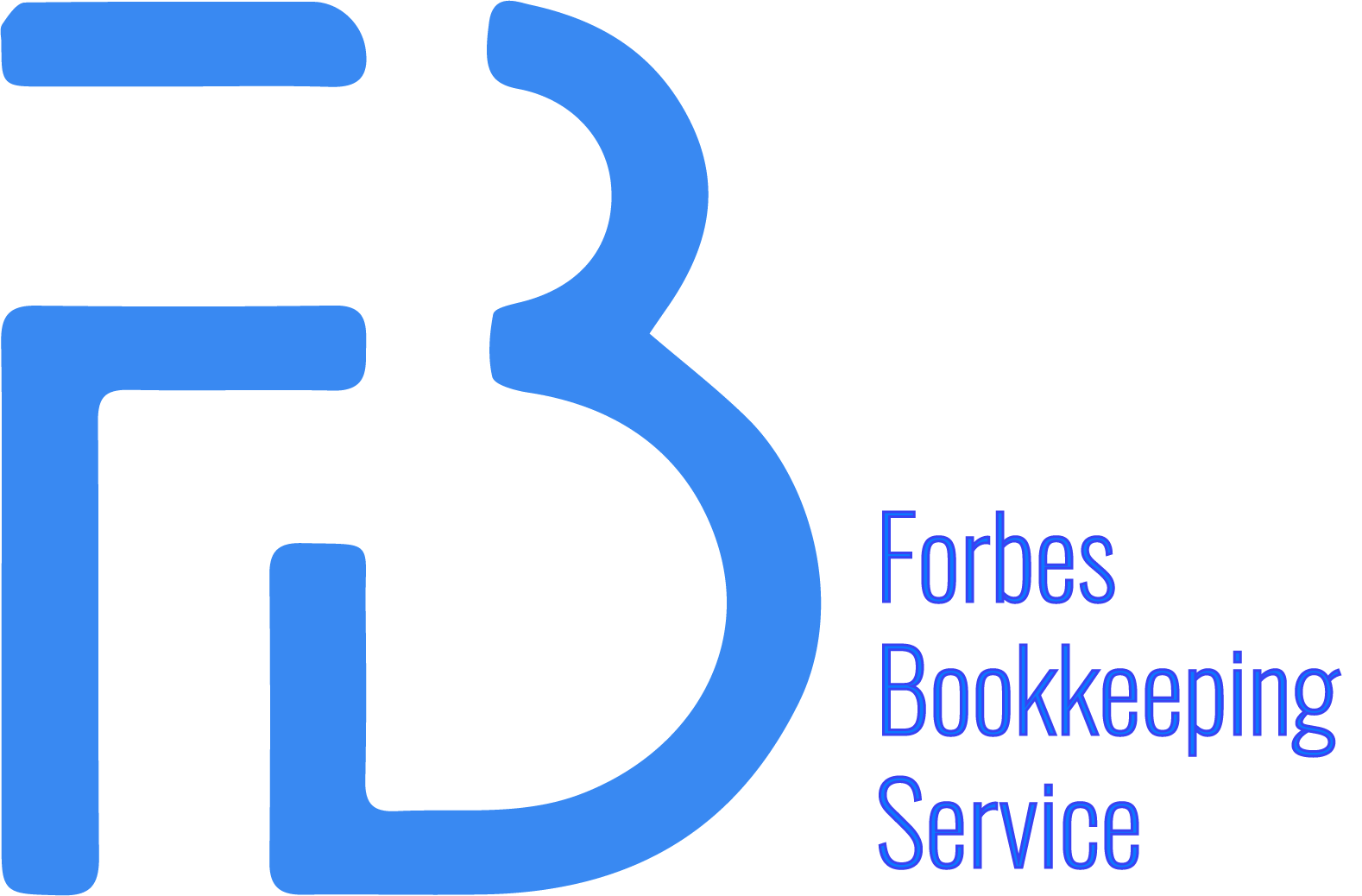Organizing Accounting Data.
Are you guilty of shoebox accounting? Do you stuff all your receipts, bills and invoices in one place, hoping that someday, the world will come to a stretching halt, enabling you to file them properly? We all know that will never happen. And eventually, you’ll find yourself trying to sort through all that information in attempts to manage your finances.
When information is well organized, you are able to work more efficiently, saving the majority of your time for priority tasks that don’t involve hunting for data. Once your financial records are organized properly, you’ll find that your operations run more smoothly.
Pick a System that Works for You
There are different filing systems, and you should pick the one that works best for you: alphabetical, numerical, or subject-oriented. As you organize the stacks of paper on your desk, see if they indicate a preference. Perhaps you’ve stacked information by customer or vendor. This could indicate a tendency to access information alphabetically, although some may want to file these numerically by account number.
Once you determine which system is best for you, then you must a select a method that best complements your natural tendencies. Are you organized or do you lose your car keys on a regular basis? What we’re asking here is which method complements you better: high or low maintenance? If you tend to be a low-maintenance filer, perhaps the most realistic method for filing your data is in a large accordion file with generalized categories that make for quick and easy organization. If you’re a more high-maintenance filer, you should look to a more involved system for organizing these hardcopies.
Here are some things to consider when organizing these records:
Filing Cabinets. First, look at your piles and decide how hearty your filing system needs to be. Will it all fit into one desk drawer? Or do you need to invest in a two or four-drawer filing cabinet? Remember to factor in room for growth.
Folders and labels. Will colored files help you better organize and relocate information? Consider whether you want to use colored hanging file folders, colored files or both.
Smaller filing systems. There may be some information that just doesn’t fit into your larger filing system. Perhaps you need a small accordion file for your receipts or a binder with tabs for more complex customer and/or vendor-specific records.
Electronic Data
In addition to organizing hardcopy records, you must also organize your electronic data. If operating from a computer network, you should develop a filing hierarchy that’s well organized and intuitive. Consider how you’ve decided to file hardcopy data and see if a similar system could work for your electronic files.
Also remember that these days technology plays a key role in a business’s financial transactions. If you haven’t already, you should consider investing in an accounting software that will help you track and manage all that information.
Invest in an Accountant to Help
An accountant can definitely help you better manage all your financial data. This is an important first step in using information from your accounting system to improve your business’s profitability; you can’t manage information that’s unorganized. If you would like to learn more about how we can help you organize and manage your financial data, both hard-copy and electronic, call us today for more information. Your business’s longevity and profitability is counting on it.

